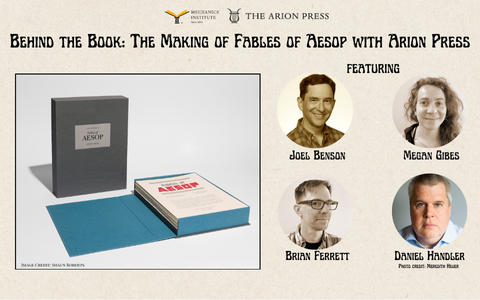
Native American communities are among the poorest in the United States, and activist and historian Roxanne Dunbar-Ortiz argues that this is one of many symptoms of the colonial relationship into which Indigenous peoples have been coerced since 1492. In this book, Dunbar-Ortiz reframes the narrative of United States history to reveal the cumulative development of this colonial relationship, detailing the suppression—and in many instances the genocide—that has marked the Indigenous experience up to their modern-day poverty. Yet beneath this, Dunbar-Ortiz also reveals a narrative of self-determination and active resistance that offers promise for survival and resurgence of Indigenous societies. This book provides an alternative conversation for the Columbus Day Holiday.
Roxanne Dunbar-Ortiz grew up in rural Oklahoma, the daughter of a tenant farmer and part-Indian mother. She has been active in the international Indigenous movement for more than four decades and is known for her lifelong commitment to national and international social justice issues. Her 1977 book The Great Sioux Nation was the fundamental document at the first international conference on Indigenous peoples of the Americas, held at the United Nations’ headquarters in Geneva. Dunbar-Ortiz is the author or editor of seven other books, including Roots of Resistance: A History of Land Tenure in New Mexico. She lives in San Francisco.
Meet the Author(s)






